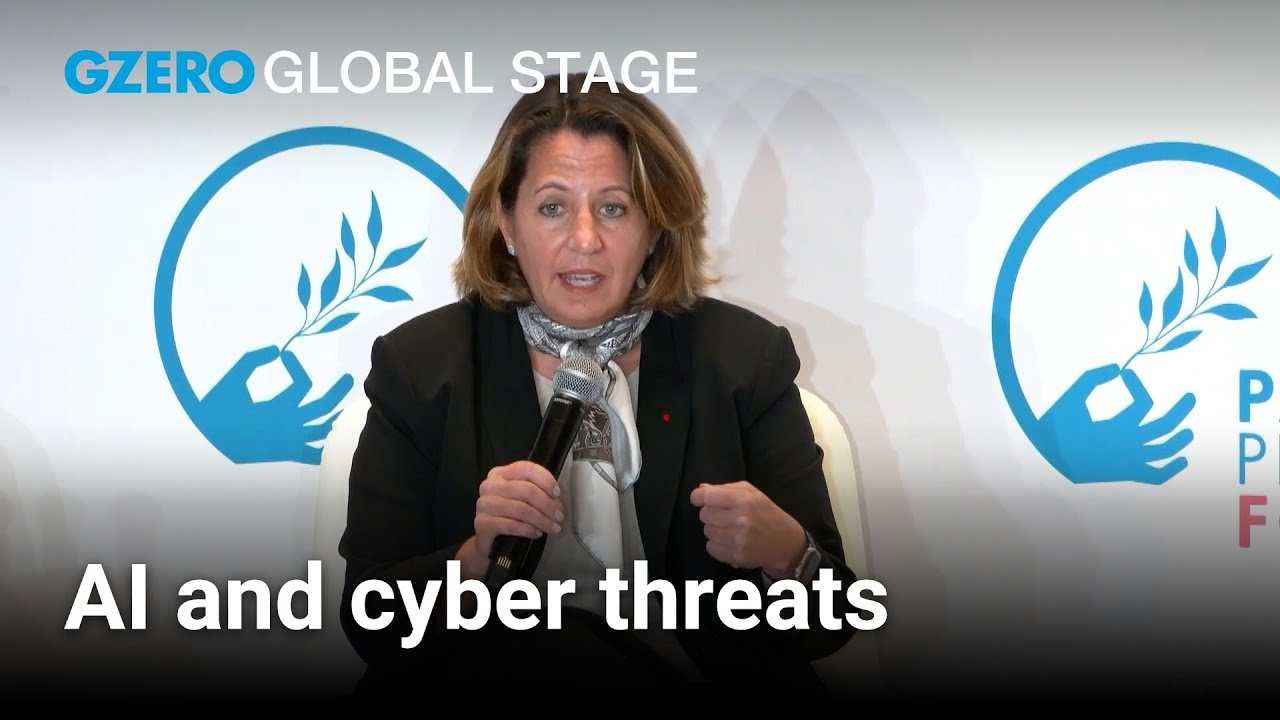66,000: The latest installment of France's anti-government "yellow vest" protests attracted 66,000 people nationwide, according to French authorities. That's less than half the turnout the previous weekend. But those numbers could rise again next weekend, as observers attributed the weaker turnout to cold weather and safety concerns after the Strasbourg terror attack.
187: A report for the US Senate on Russian efforts to influence the 2016 US Presidential election says that content created by Russian government-backed groups garnered 187 million interactions on Instagram. That's nearly triple the number of interactions for similar content on Facebook, which has been much more in the spotlight as Americans try to assess what impact Moscow may have had on the election's outcome.
35: US gun manufacturers exported 35 million weapons and rounds of ammunition to Paraguay in 2017, a figure so high that it prompted US officials to halt commercial arms exports to the South American nation earlier this year. The weapons have helped to fuel violence and drug trafficking not only in weakly policed Paraguay but also next door in Brazil, where killings have skyrocketed.
3.9: By the end of this year (soon!), some 3.9 billion people will have internet access, says a UN agency. That means that for the first time ever, more than half of earth's population will be able to surf the web. Over the past decade, Africahas experienced the fastest growth in internet access globally. Since 2005, the percentage of Africans with an internet connection has soared from 2 to 24.
